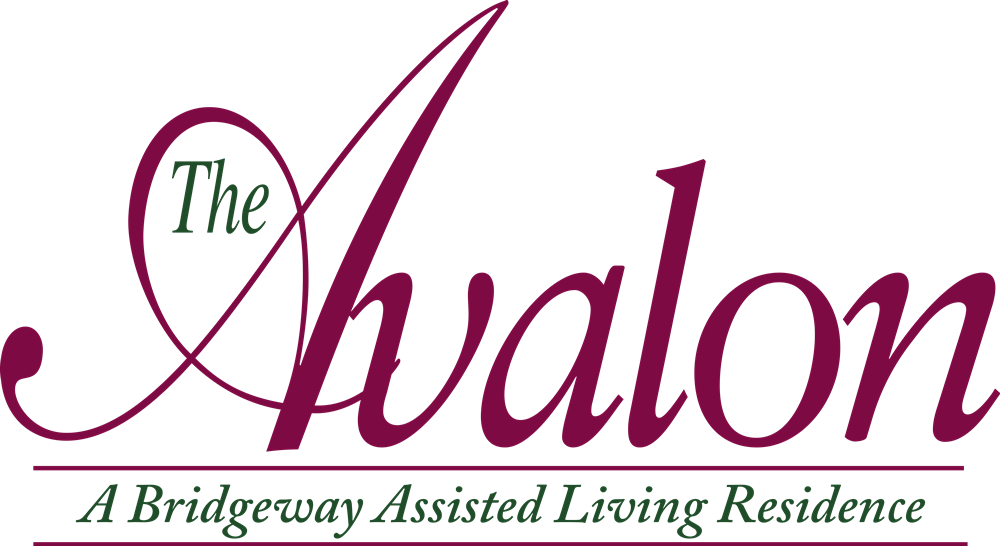|
It may be time to move into a senior living community if you or a family member is having trouble maintaining an independent lifestyle. However, how do you determine the proper amount of care? More precisely, what is the difference between skilled nursing and assisted living?
Despite their frequent confusion, skilled nursing and assisted living are not the same. While skilled nursing offers a higher standard of care in a medical setting, assisted living offers support for everyday activities in a residential setting. Assisted Living: What Is It? Assisted living is a long-term housing option for senior citizens who still require extra help but do not require critical medical care. The staff at an assisted living complex is on hand to assist with personal hygiene duties like eating and taking a shower. Living as autonomously as possible is recommended for the inhabitants, nonetheless. By organizing activities, trips, and other chances for residents to interact with one another, assisted living facilities also encourage social interaction. It is up to the residents to create their own timetables and decide what activities they want to take part in. What Kind of Care Does Assisted Living Provide? Employees in assisted living facilities assist residents with their daily living activities (ADLs). ADLs, or activities of daily living, are essential to living a healthy and productive life. They include self-care duties like:
Personnel further offer support for instrumental activities of daily living, or IADLs. Even if they are less necessary, some tasks are nonetheless significant. Some instances are:
What Kind of Services Does Assisted Living Offer? A wide range of amenities and services, including physical and mental health, spirituality, and social interaction, are provided by assisted living homes with an emphasis on holistic aspects of senior wellbeing. Most towns provide:
What Is the Price of Assisted Living? Assisted living is typically a more cost-effective senior living choice because its inhabitants don't require as much intense medical support as those in skilled nursing communities. An assisted living community costs somewhat more than $5,500 per month, whereas a nursing home in Concord, New Hampshire costs $8,000 per month. In an assisted living facility, this monthly charge covers costs like:
Whichever room you choose will have an impact on your monthly price. Larger spaces usually have higher costs. The layout with a private bath will cost more if your community provides individual or communal restrooms, for example. Does Medicare Pay for In-Home Care? Assisted living is often not covered by Medicare. Certain long-term care insurance plans do, however, have restricted coverage. Assisted Living Communities' Floor Plans Many senior citizens worry that their privacy and independence will be compromised when they move into senior care. But living in an assisted living community is a lot like living in an apartment or condo, with the exception that help is always there at the touch of a call. Assisted living facilities provide a cozy, homey environment. Private or semi-private apartment-style homes are available in these neighborhoods. The bedrooms in each living area usually have their own bathrooms, and residents are welcome to furnish their own living spaces to make them feel more like homes. Assisted Living Communities' Benefits Do you have trouble staying on top of home chores? Do you require assistance getting dressed and having a shower in the morning? If so, assisted living facilities offer a reasonably priced option to staying in one's own home as you age. Moving into an assisted living facility has several benefits.
Who Qualifies For Assisted Living Benefits? Assisted living facilities cater to senior citizens who wish to keep their independence but find it difficult to do so at home. An appropriate candidate for assisted living might be someone who:
Skilled Nursing: What Is It? In addition to offering all the amenities of an assisted living community, skilled nursing facilities, often known as nursing homes, offer round-the-clock medical care. Many senior citizens who have experienced a major medical incident, such as a heart attack or stroke, check into skilled nursing facilities. They require round-the-clock care to keep stable even though they are too well to stay in a hospital. Assisted living facilities do not require the same staffing levels as nursing homes. A registered nurse (RN) works at least eight hours a day, and licensed practical nurses (LPNs) are on duty round-the-clock in certified skilled nursing communities. What Kind of Care Does Skilled Nursing Provide? You can receive long-term or short-term skilled nursing care. For post-acute care, which usually follows hospitalization, an injury, or surgery, short-term stays are planned. As a result, the main focus of care is rehabilitation with the intention of going home. But for most residents of skilled nursing facilities, the community serves as their long-term residence. Help with ADLs and IADLs is provided to long-term residents, usually to a higher degree than assisted living residents need. They also receive close supervision and sophisticated medical care. What Kind of Services Does Skilled Nursing Offer? While chef-prepared meals and other luxuries are certainly beneficial to skilled nursing patients, staff attention is mostly directed toward medical treatment. Therefore, the majority of professional nursing communities offer services like:
What Is the Price of Skilled Nursing? Generally speaking, skilled nursing is the priciest type of senior care because its residents need more assistance. A nursing facility in Concord, New Hampshire, costs about $8,000 a month. This amount covers rent, food, utilities, and other costs in addition to care-related costs. The community will determine how much you should anticipate to pay each month. That also relies on whether you select a semi-private or private room, though. Private rooms generally cost approximately $1,100 more than semi-private accommodations. Does Skilled Nursing Qualify for Medicare? In contrast to assisted living, most long-term care insurance policies, as well as Medicare and Medicaid, will pay for skilled nursing home care as long as certain requirements are satisfied. If a resident enters the facility following a qualifying hospital stay, they can anticipate full Medicare coverage for 60 days in the event of short-term rehabilitation. The resident will be assessed for daily coinsurance after two months. Skilled Nursing Communities' Floor Plans One may liken residing in a skilled nursing community or nursing home to an extended hospital stay. Although most rooms are semi-private, residents may have private or semi-private housing. Unless they are too sick to dine in, residents eat in a shared dining hall. Additionally, communities provide its inhabitants with a calendar of daily programming that is published. However, people who are unable to physically attend group events have activities transported to their rooms. Benefits of Integrated Skilled Nursing Communities In the event that your health is deteriorating or if you have recently gone through a life-altering incident like a heart attack or stroke, a competent nursing community can offer you the round-the-clock medical care you require. Moving to a community of trained nurses has several benefits.
Who Is Able To Gain From Expert Nursing Care? For senior citizens who require more intensive medical care than assisted living staff can offer, skilled nursing residences are established. A career in skilled nursing might be a choice for someone who:
How to Select Between Nursing Homes and Assisted Living Even if you are aware that it is no longer safe for you to live independently at home, you could find it difficult to decide between assisted living and skilled nursing/nursing homes. Generally speaking, a skilled nursing community is the ideal option if you or a family member needs daily rehabilitation services or round-the-clock nursing care for a chronic medical condition. An assisted living facility, on the other hand, is a more suitable and cost-effective elder care option if all you require assistance with is basic IADLs and ADLs, such as cooking and cleaning. At a CCRC, get nursing home care and assisted living services. Many older folks fear that their existing community won't be able to accommodate their evolving demands when they move into assisted living. Thankfully, continuing care retirement communities, or CCRCs, offer a range of services including skilled nursing, memory care, independent living, assisted living, and rehabilitation to ensure that you always have the support you need. Every care level in a CCRC is intended for people at various stages of life. While memory care is intended for those with dementia and other cognitive impairments, independent living is for healthy, energetic adults who desire to live a maintenance-free lifestyle. The knowledge that you won't ever have to leave a CCRC gives you a sense of security. Your community will assist you in smoothly transferring to a higher level of support if and when your health changes.
1 Comment
12/7/2023 07:57:38 pm
Assisted living is one thing that I can get behind as a better alternative to living alone. When you're reaching your later years, you're not as physically strong as you were before, so it's hard to do everything without any kind of assistance. This is something I'm sure my father is going through right now, so I'll look for an assisted living facility he can start settling into as soon as possible.
Reply
Leave a Reply. |
|
QUICK LINKS
|
Award-winning care as recognized by
Your comments and satisfaction are important to us.
Consider writing a review on Google or Facebook. |
© 2024 Bridgeway Senior Healthcare. All Rights Reserved | Privacy Policy | Sitemap







